Protect Your Family with Well Water Testing
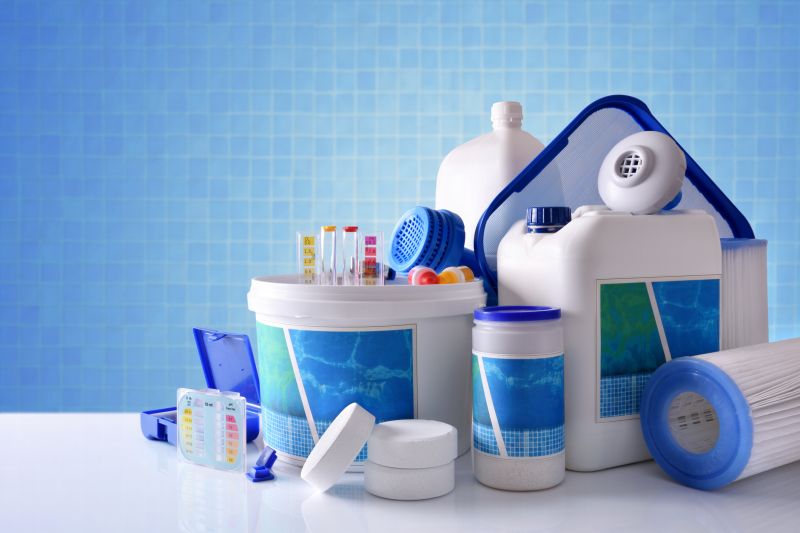
Samples are collected using specialized containers to ensure accuracy and prevent contamination.
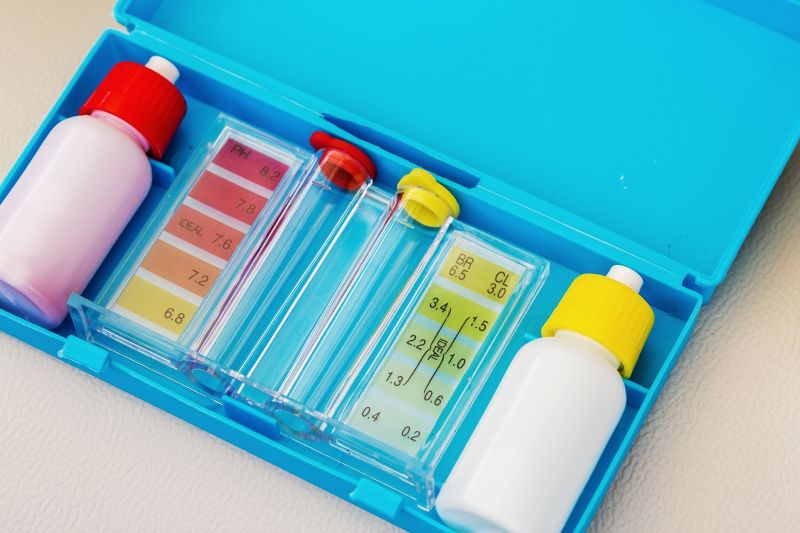
Samples are analyzed for contaminants, minerals, and other water quality indicators in certified labs.
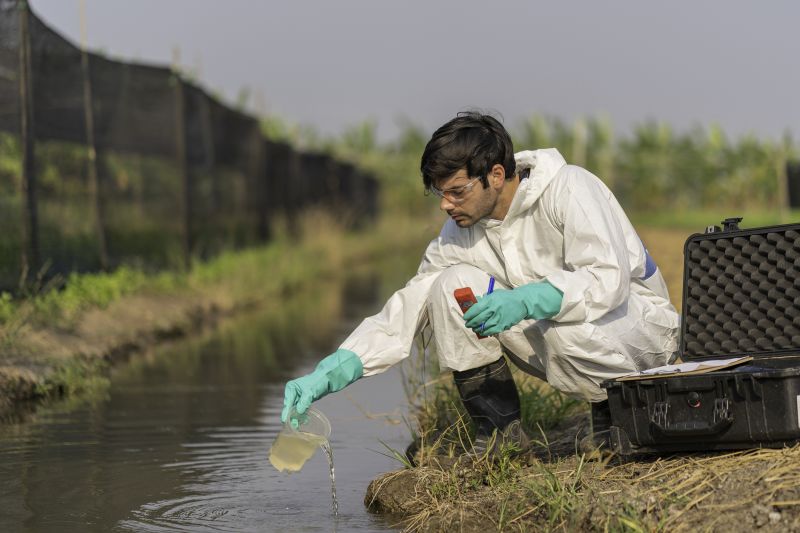
Results provide detailed information on water safety, quality, and potential health risks.
Well water testing is essential for maintaining safe and clean drinking water. It involves collecting water samples and analyzing them for a variety of contaminants, including bacteria, nitrates, heavy metals, and pH levels. Regular testing can identify potential issues before they become health hazards, ensuring the water remains safe for household use.
Statistics indicate that a significant percentage of private wells may contain contaminants that exceed safety standards. Studies show that bacteria are present in approximately 10-15% of well samples, while chemical pollutants like nitrates and arsenic are found in a smaller but concerning portion. Early detection through testing helps prevent health problems and costly remediation.
Professional well water testing typically takes between 24 to 72 hours from sample collection to receiving results.
The process includes sample collection, laboratory analysis, and review of results with recommendations for any necessary treatment.
Hiring professionals ensures accurate results, proper sampling techniques, and expert interpretation of water quality data.
Engaging a professional for well water testing offers the advantage of precise analysis and reliable results. Proper sampling methods are critical to avoid contamination or inaccurate readings. Professionals also provide comprehensive reports and guidance on potential treatment options, helping to safeguard health and water quality.

Technicians collect samples using sterile containers to ensure uncontaminated testing.
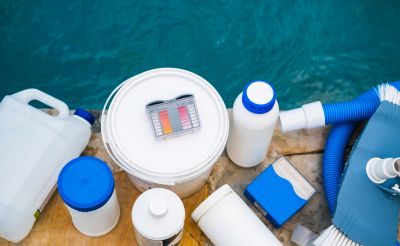
Advanced testing equipment analyzes water for a wide range of contaminants.

Results are reviewed with detailed explanations and recommendations for water treatment if needed.
Properly conducted water testing can reveal issues such as bacterial contamination, high mineral content, or chemical pollutants. Identifying these problems early allows for appropriate treatment solutions, such as filtration or disinfection, to ensure water safety and quality.
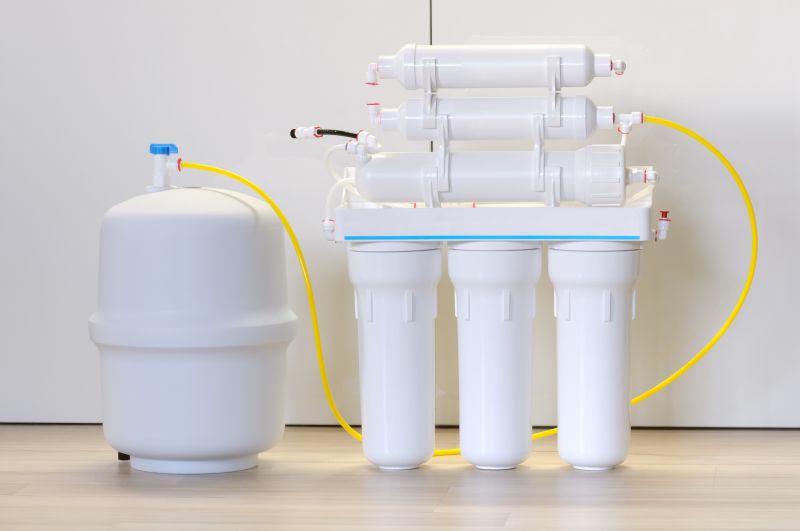
Laboratories provide detailed reports on water quality parameters.
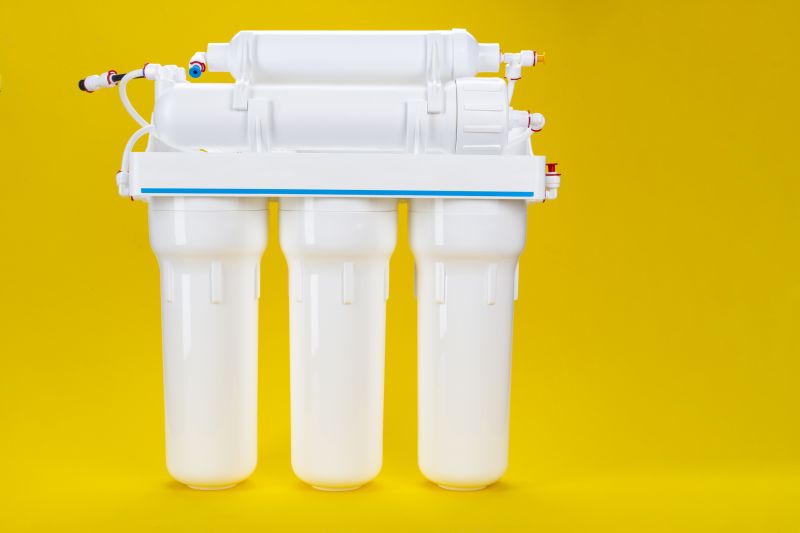
Post-testing, treatment systems can be installed to address identified issues.
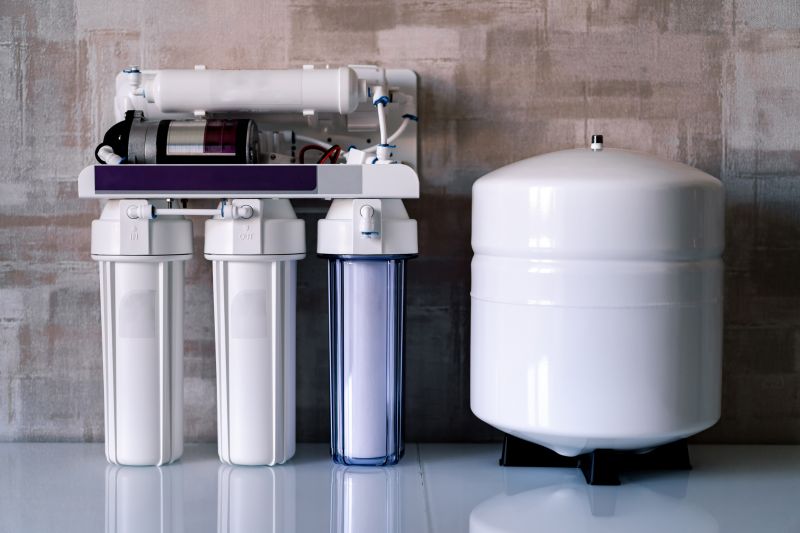
Final setup ensures ongoing access to safe, clean well water.
Regular testing and maintenance of well water systems are vital for ongoing water safety. Implementing recommended treatment measures based on test results helps prevent potential health risks and maintains water quality over time.



